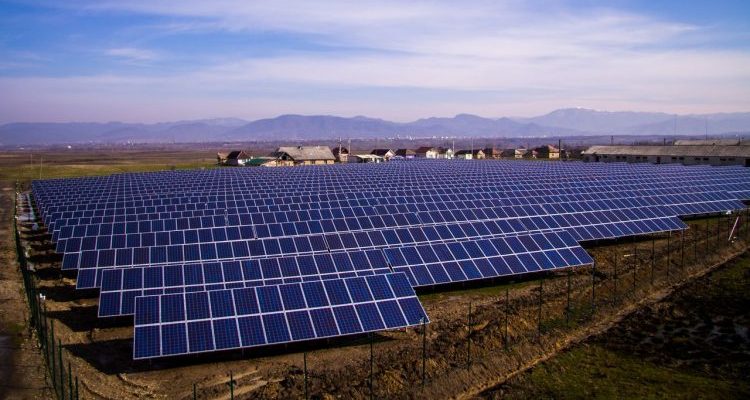Britain may end solar export tariffs due to tremendous popularity of PV
As a response to the increasing popularity of PV, the British government has now proposed reducing the subsidies for solar – a suggestion that is heavily criticised by industry experts.
It‘s been over eight years since the British government first introduced feed-in tariffs for solar energy in April 2010. However, the popularity of PV increased at a rate that had not been expected while equipment prices dropped. Within just seven years, the renewable energy capacity in Britain quadrupled.
Government to reduce solar subsidies
As a result, the government has been reviewing the subsidies for solar energy. A recent proposal by the Government’s Department for Business, Energy and Industrial Strategy (BEIS), formerly the Department of Energy and Climate Change, includes ending the generation tariffs for solar and removing export tariffs. The suggested date is 31 March 2019, and should this be approved, it means that homeowners will no longer be paid for the power they feed into the grid. The response is due on 13 September 2018.
Industry experts criticise proposal and suggest opposite
The situation is regarded with discomfort among industry experts and associations. “With all aspects of the feed-in tariff due to close next March, the solar industry and millions of potential investors urgently require clarity on the policy framework going forwards,” the Solar Trade Association (STA) stated.
As a matter of fact, instead of reducing subsidies, the STA suggests increasing them and proposes to keep export tariffs and continue maintenance of the Microgeneration Certification Scheme (as this ensured high industry standards) as well as to remove certain tax anomalies. What is more, it believes that new policies are required to help the market grow further – these could be Green Mortgages or additional interest free loans.
Meanwhile, James Court, Head of Policy and External Affairs at the U.K. Renewable Energy Association (REA), considers this the “truly bizarre situation where consumers who own technologies such as solar will give electricity they don’t consume to the grid for free.”
Anesco project may be used as example
The STA also worries that the Anesco project – completed in September 2017 and installed entirely without subsidies – may now be considered exemplary. “We absolutely applaud Anesco but government shouldn’t then assume the industry is away – it isn’t,” a spokesperson told the Financial Times at the time of completion. “It is only going to be exceptional projects that are built subsidy free. What we are asking for is a level playing field for solar power.”





